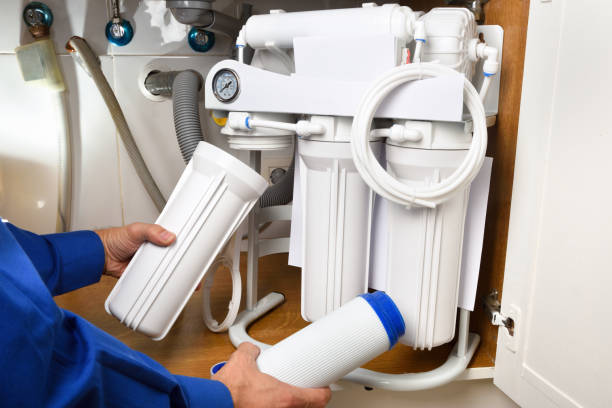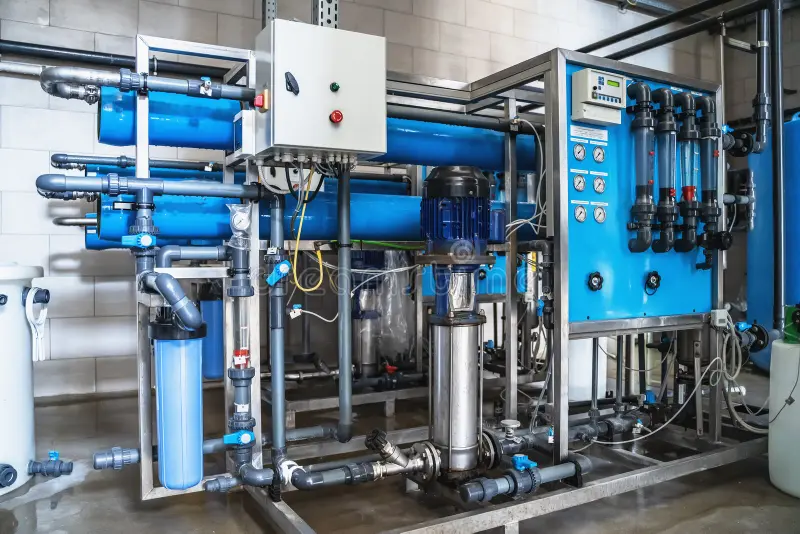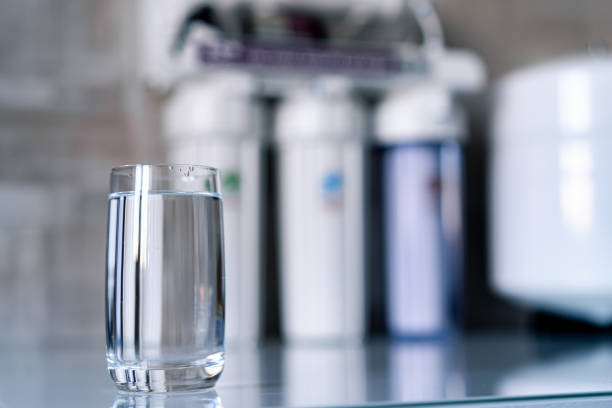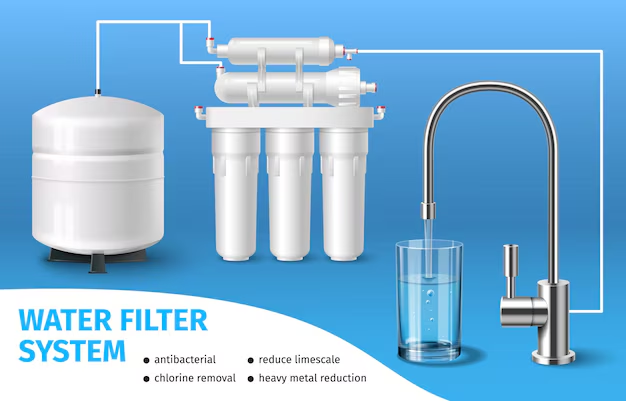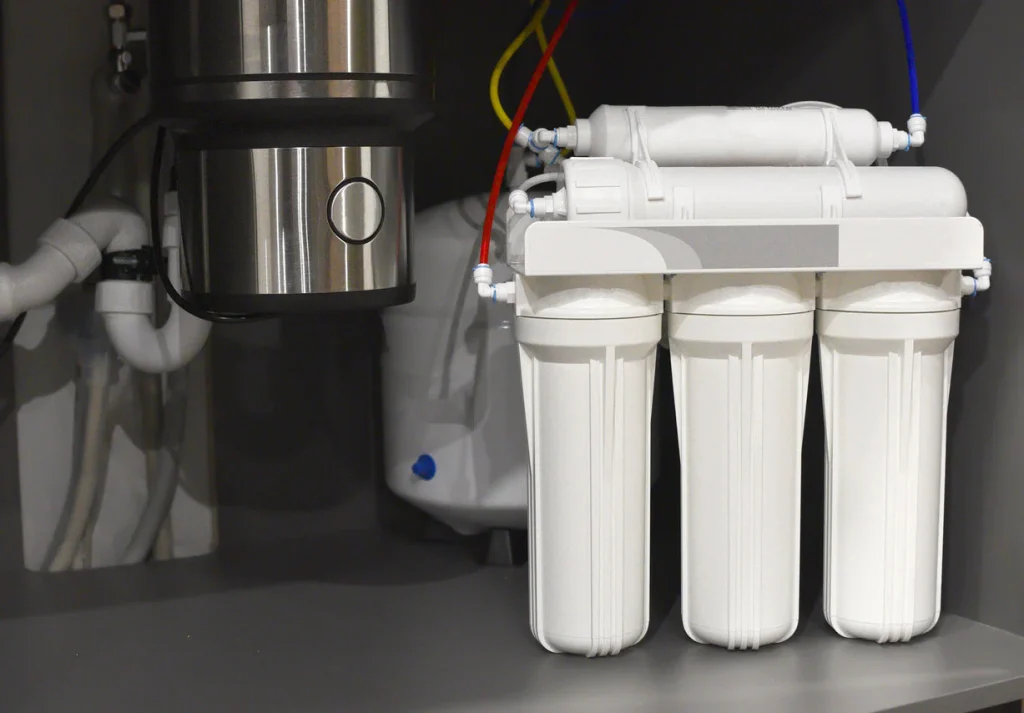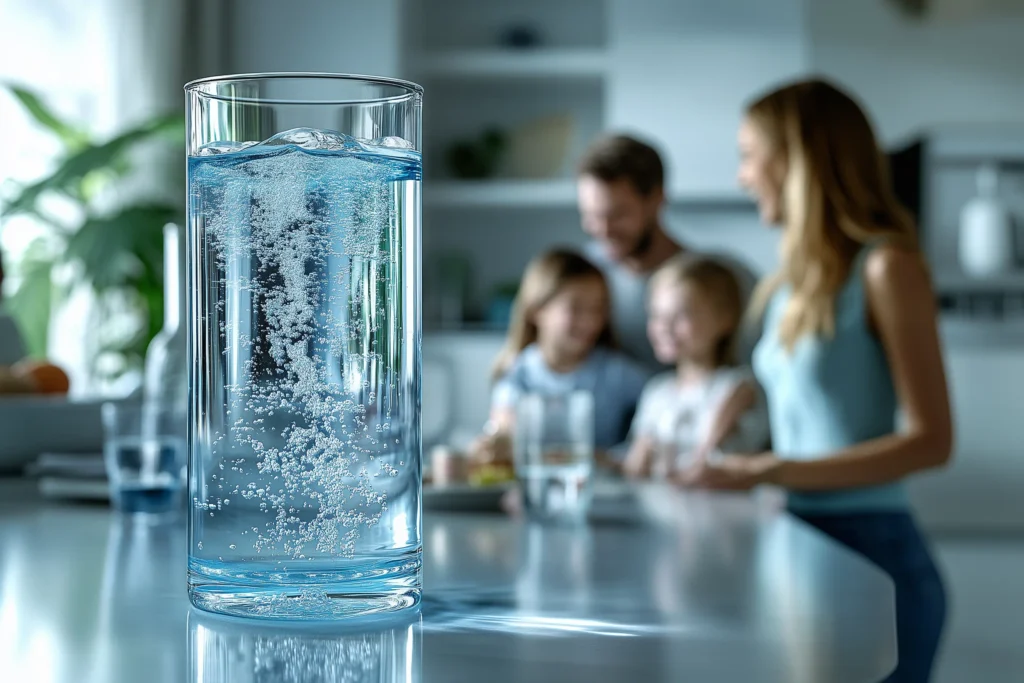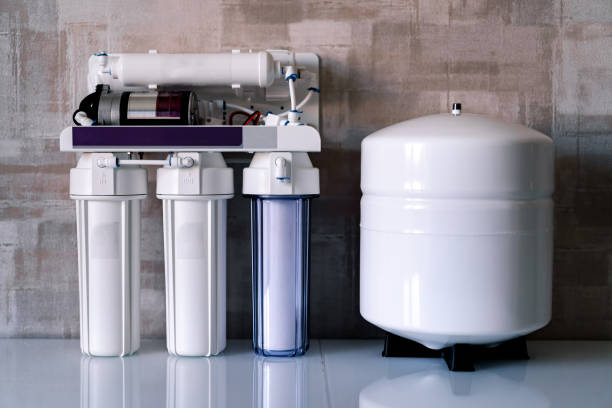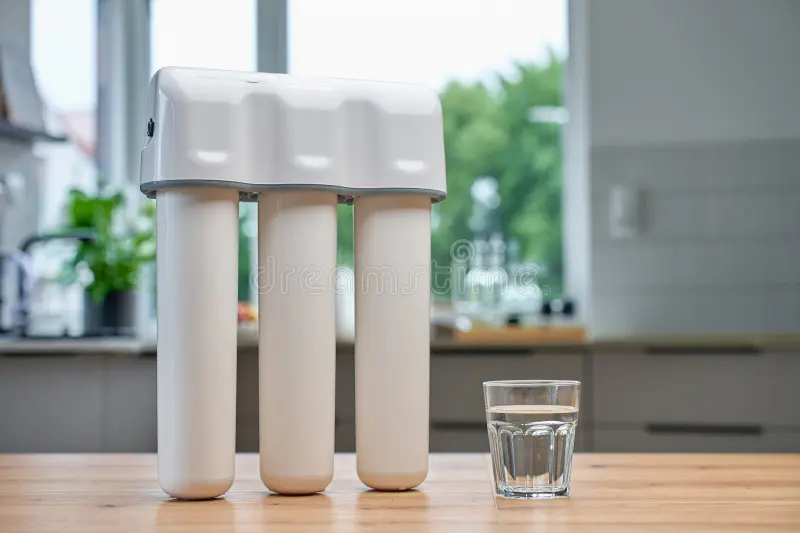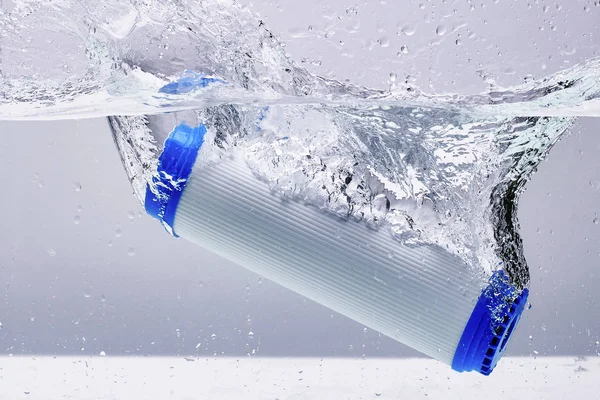Popular posts
Why Water Filter Way is Your Go-to-Resource for Water Filtration?
Expertise in Water Filtration
At Water Filter Way, we have a staff of experts who test and review Water filtration products. You get insider insights & practical advice so you can make sound decisions about the best filtration solution for your home.
In-Depth Research and Analysis
Our research goes beyond product descriptions to show real-world performance, potential problems, and the value of each system. You get scientifically backed evaluations based on firsthand experience and reliable data.
Up-to-Date Reviews and Comparisons
Water filtration is an ever-changing field, so we update our reviews and comparisons. We update our content frequently so you never have to worry about outdated models, new technologies, or emerging brands.
Comprehensive and Easy-to-Understand Guides
We have guides for beginners and experts alike on what to look for when selecting a filtration system. We make understanding your water quality and choosing the right filter type easy.
Transparency and Trust
We are transparent with our audience. All our product recommendations include unbiased information that you can trust.
Solutions Tailored for Every Household
All households need water differently. We can design a filter for city water, well water, or specific contaminants. Our guides match the best filter to your needs.
Water Filter Guide
TESTIMONIALS
Your Step-by-Step Guide to Choosing the Right Water Filter
Step 1: Understand Your Water Quality
Check the water quality of your home. Test water for contaminants first. As per the contamination level research, what kind of water filter do you need?
Step 2: Identify Your Specific Needs
And water filtration isn’t a one-size-fits-all fix. Consider your household needs, including health concerns, water source (well vs. city), and contaminants you need to remove. The right solution for you will protect your family.
Step 3: See What Filtration Options You Have
Take your water quality test and start researching options. Explore our expert guides, product reviews, and comparison charts for the latest filtration technologies. From reverse osmosis to carbon filters, our resources will help you understand the systems that best fit your water.
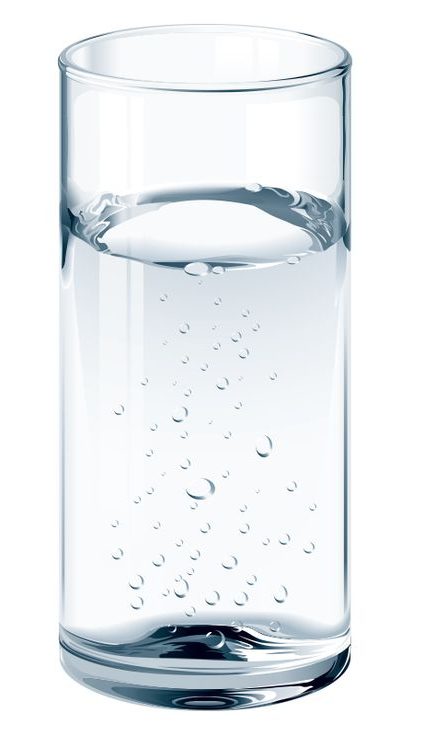
Step 4: Evaluate Cost vs. Benefits
Water filtration is an investment between balances costs with long-term benefits. Consider things like maintenance costs, filter life, and effectiveness at removing contaminants. Decide how much money you can spend on protecting your home’s water quality.
Step 5: Make a Purchase Confidently
Once you do your homework, you make a decision. Use our recommended solutions and affiliate links to buy from top brands you know will work for your water.
FAQs
We cover all types of water filters, including reverse osmosis, activated carbon filters, ultrafiltration, and whole-house systems in our in-depth blogs.
To know which water filter is right for you, you need to do some research. Our buying guides take into account factors like water quality, filter type, and budget to help you find the perfect fit for your home.
Yes! All our product reviews are unbiased. Our team writes unbiased, fact-based reviews to help you make the best decision for your water filtration needs.
The replacement schedule depends on the filter type and water usage. Most filters last 3 to 6 months, while whole-house systems and reverse osmosis membranes can last 1 to 2 years. Always follow the manufacturer’s guidelines for the best results.
No, not all filters remove fluoride. Specialized filters such as reverse osmosis systems and activated alumina filters are effective in reducing fluoride levels in drinking water. Check the filter specifications before purchasing.
Yes, a water filter can improve the taste and smell of water. Activated carbon filters are especially effective at removing chlorine, sediments, and organic compounds that cause bad tastes and odors, giving you fresher, cleaner-tasting water.
No, the water filters are not expensive to maintain. While the upfront cost varies, replacement cartridges and filters are usually inexpensive and can actually save money by reducing bottled water purchases.
Yes, you need a professional to install a water filter. Systems like whole-house and under-sink reverse osmosis systems require professional installation for safety and efficiency.
Yes, water filters remove bacteria and viruses. Systems like ultrafiltration and reverse osmosis are capable of removing bacteria and viruses. For maximum protection, some homeowners also combine filters with UV purification systems.
Yes, some water filters waste water like reverse osmosis during the filtration process. However, newer models are designed to be more efficient, and other filter types, such as carbon filters and ultrafiltration, waste little to no water.
Explore our detailed reviews, expert guides, and affiliate links to find the best water filtration solutions for your home. With our expert recommendations and easy-to-understand content, you can make an informed decision and enjoy cleaner, healthier water every day.

